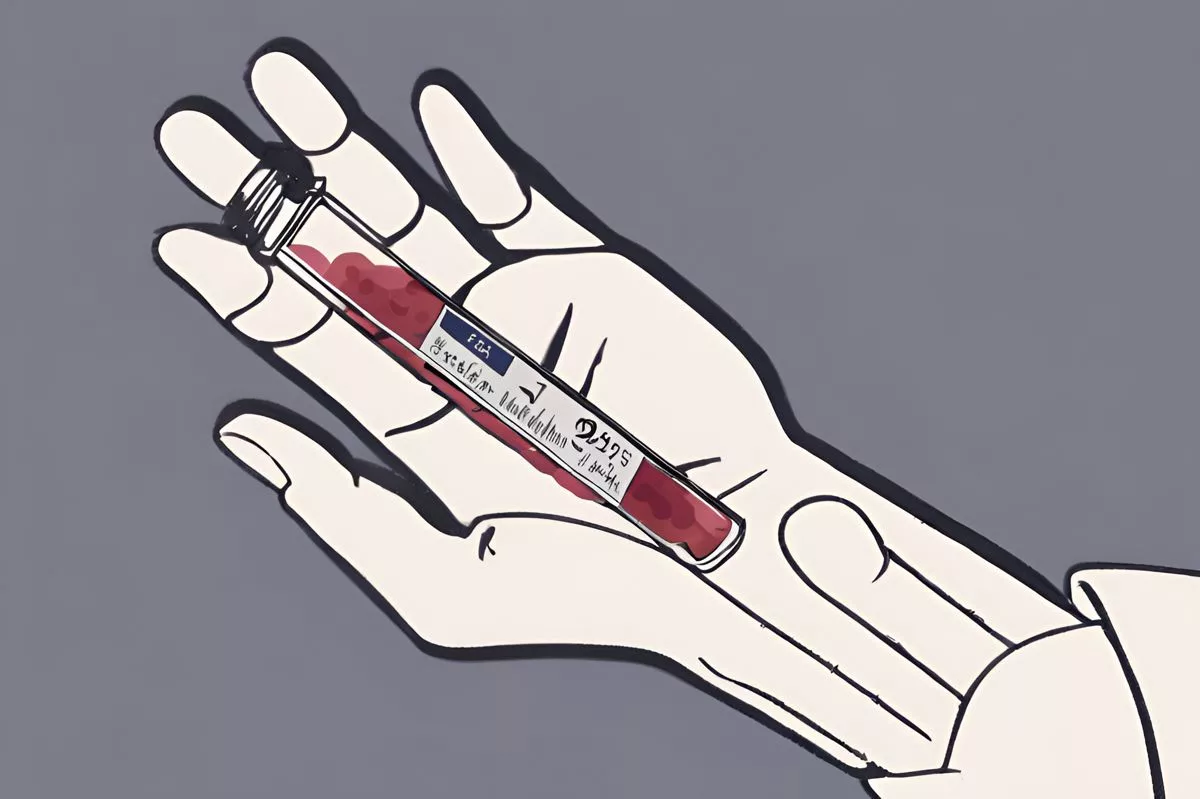Scientists are working to develop a universal antivenom to address the global health crisis of snakebite envenomation, which results in 138,000 deaths annually. A potential solution is a lab-engineered humanized antibody called 95Mat5, which can neutralize a key neurotoxin found in various snake venoms worldwide, including those from highly dangerous species. Although there are obstacles to overcome, the development of lab-engineered antibodies represents a significant advancement towards reducing the catastrophic effects of snakebite deaths and injuries, providing hope for the future.
The Call for a Universal Antivenom
Scientists have been searching for a solution to the global health crisis of snakebite envenoming, which leads to an alarming 138,000 fatalities annually. A potential answer is a lab-engineered humanized antibody called 95Mat5, which has the ability to neutralize a key neurotoxin found in various snake venoms worldwide, including those from highly dangerous species like the African black mamba and the king cobra. This study is a significant step towards the development of a universally effective antivenom.
The Call for a Universal Antivenom
In the continuously evolving field of medical science, experts tirelessly seek innovative solutions to longstanding problems. A quest that persistently calls for attention is the development of a universally effective antivenom, capable of neutralizing venom from any snake species globally.
The global health crisis of snakebite envenoming leads to an alarming 138,000 fatalities annually, with countless victims enduring long-term health consequences. Children and agricultural workers are particularly vulnerable due to their frequent close encounters with these dangerous creatures. For years, scientists have been searching for a solution to this issue, and recently, they have offered a potential answer: a lab-engineered humanized antibody called 95Mat5.
A Promising Answer: 95Mat5
The development of this antibody is a testament to scientific progress. It has the ability to neutralize a key neurotoxin found in various snake venoms worldwide, including those from highly dangerous species like the African black mamba and the king cobra. Traditional antivenoms, produced by injecting horses with snake venom and collating their antibodies, have limited effectiveness. These antivenoms usually work for specific species and possess low potency. There is also the risk of severe allergic reactions in humans due to the use of horse antibodies.
The groundbreaking research, recently published in Science Translational Medicine, extends upon the current use of lab-engineered antibodies for treating cancers and immune disorders. These antibodies can be “humanized” to reduce side effects, providing a pathway towards a universally applicable antivenom. This study is a significant step towards the development of such a universally effective antivenom.
The Road Towards a True Universal Antivenom
However, it’s crucial to note that 95Mat5 primarily targets neurotoxins. A truly comprehensive universal antivenom would require a blend of various antibodies, each designed to neutralize the myriad of toxins present in snake venom. These toxins include haemotoxins, which cause bleeding, and cytotoxins, which destroy skin and bone. Consequently, scientists are now seeking additional wide-ranging antibodies similar to 95Mat5.
Like any cutting-edge scientific venture, the journey towards a universal antivenom faces several obstacles. First, these lab-created antivenoms’ efficacy and safety in humans demand further investigation. Second, the storage of these antivenoms might require refrigeration – a logistical concern in areas without reliable electricity. Lastly, the high cost of producing lab-engineered antibodies could make them inaccessible for individuals from impoverished communities, often the primary victims of snakebites.
The Potential Impact of Lab-Engineered Antibodies
Despite these hurdles, the creation of lab-engineered antibodies represents a substantial advancement towards minimizing the catastrophic effects of snakebite deaths and injuries. The road may be long and filled with challenges, but the potential benefit is transformational: a universal antivenom capable of saving countless lives and reducing suffering worldwide. Although it may take some time for this universal antivenom to reach patients, the progress being made provides a beacon of hope for the future.
What is the global health crisis of snakebite envenomation?
The global health crisis of snakebite envenomation leads to 138,000 fatalities annually and has significant long-term health consequences for victims. Children and agricultural workers are particularly vulnerable due to their frequent close encounters with snakes.
What is 95Mat5?
95Mat5 is a lab-engineered humanized antibody that can neutralize a key neurotoxin found in various snake venoms worldwide, including those from highly dangerous species like the African black mamba and the king cobra.
How does 95Mat5 differ from traditional antivenoms?
Traditional antivenoms are produced by injecting horses with snake venom and collating their antibodies, which have limited effectiveness and pose a risk of severe allergic reactions in humans due to the use of horse antibodies. In contrast, 95Mat5 is a lab-engineered humanized antibody that has reduced side effects and provides a potential pathway towards a universally applicable antivenom.
What are the obstacles to developing a universal antivenom?
The efficacy and safety of lab-created antivenoms in humans require further investigation, and their storage may require refrigeration, which could be challenging in areas without reliable electricity. Additionally, the high cost of producing lab-engineered antibodies could make them inaccessible for individuals from impoverished communities, often the primary victims of snakebites.
What is required for a true universal antivenom?
A truly comprehensive universal antivenom would require a blend of various antibodies, each designed to neutralize the myriad of toxins present in snake venom, not just neurotoxins like 95Mat5.
What is the potential impact of lab-engineered antibodies?
The creation of lab-engineered antibodies represents a substantial advancement towards reducing the catastrophic effects of snakebite deaths and injuries. The potential benefit is transformational: a universal antivenom capable of saving countless lives and reducing suffering worldwide.









